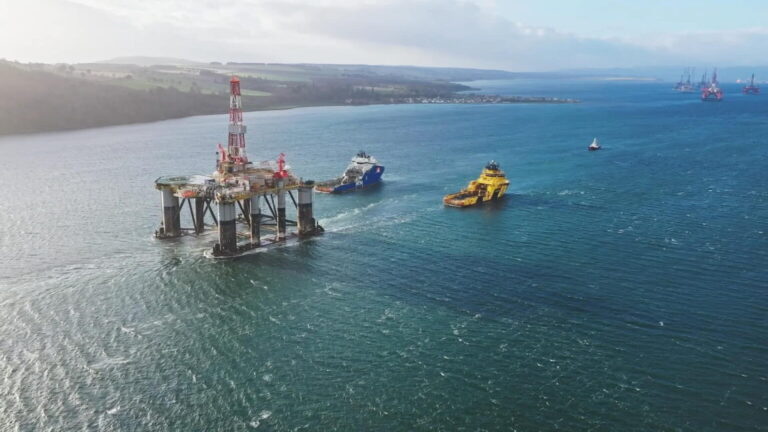Home Fossil Energy UK’s new guidance sheds light on North Sea oil & gas game as application window opens
In the wake of a Supreme Court ruling, marking the first inclusion in Britain’s history of greenhouse gas (GHG) emissions from the combustion of oil and gas in environmental impact assessments (EIAs) for hydrocarbon extraction projects, the United Kingdom (UK) set out to create a new environmental guidance, which has now been revealed. This enables offshore developers to submit their applications for consent to develop already-licensed oil and gas fields in the North Sea.

Following the Supreme Court’s ruling in the Finch case last year, concerning the inclusion of Scope 3 emissions in development project environmental impact assessments, the UK government embarked on a consultation on new environmental guidance for oil and gas firms, which was scheduled to be concluded by Spring 2025.
The government explains that it acted decisively to respond to the independent Supreme Court, which ruled before this government took office that the global environmental effects of burning oil and gas are an inevitable consequence of extraction projects. As a result, North Sea operators for the first time are required to consider the impact of burning the extracted oil and gas in environmental impact assessments.
Britain’s new guidance, published on June 19, regarding the assessment of the effects of downstream Scope 3 emissions on climate, which is said to be supplementary to existing guidance on environmental impact assessments for oil and gas extraction projects, is intended to assist developers in understanding the EIA process.
The UK’s Department for Energy Security and Net Zero is adamant that this guidance is not intended to provide a definitive statement of the law or to constitute legal advice. With this in mind, developers remain responsible for ensuring their environmental statements are prepared by competent experts and should seek technical and legal advice as necessary.
The new guidance, which Britain claims will ensure the full effects of fossil fuel extraction on the environment are recognized in consenting decisions, sets out how environmental impacts of oil and gas should be assessed, providing a way forward for the industry, enabling offshore oil and gas developers to benefit from greater clarity and stability.
Moreover, offshore developers will now be able to hand in their applications for consent to extract oil and gas in already-licensed fields, a process which has been on pause since the Finch Supreme Court judgment. When deciding on an application, the Energy Secretary will consider the significance of a project’s environmental impact, taking into account and balancing relevant factors on a case-by-case basis, such as the potential economic impact and other implications.
According to the government, there is no change to the legislation, as the process remains the same, with environmental statements being subject to public notice requirements for 30 days. This means the government does not anticipate taking any decisions until Autumn at the earliest, on applications




